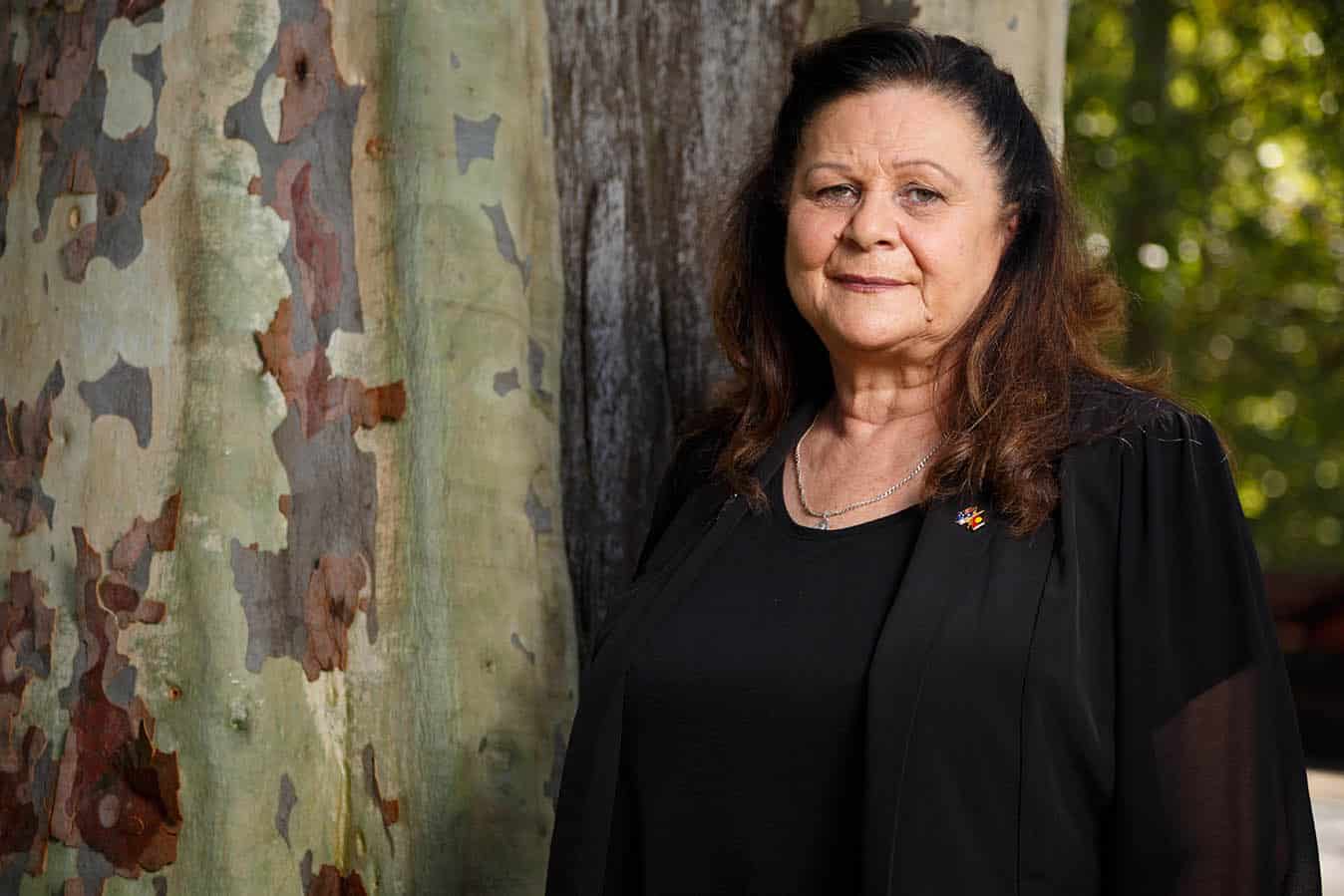Victoria is the first state to enter formal treaty negotiations with Aboriginal Victorians with legislation passed in the Victorian Parliament in July 2018.
An election to establish the First Peoples’ Assembly of Victoria, which will establish the ‘ground rules’ for treaty Victoria, is set for this month.
Victorian Treaty Advancement Commissioner Jill Gallagher talks to the ANMJ about how the treaty process is going.
What will a Treaty mean for Aboriginal and Torres Strait Islander peoples and all Victorians? What impact can a Treaty have?
“A treaty would go to justice for the past – for the unfairness that First Peoples have dealt with since colonisation began.
After all, we never ceded our sovereignty. Colonisation occurred and they said these lands were legally empty! What rubbish.
A treaty addresses this. A treaty is an agreement between two sovereign entities, so it recognises our sovereignty as First People.
A treaty is also about hope for the future.
For so long, our people have struggled to find hope. We have it, but it has not been easy to hold onto.
A treaty is such a deep, fundamental change that it cannot help but give us hope.
We are, after all, the oldest continuing culture on Earth.
A treaty will strengthen our culture and place it at the heart of what this country is in 2019. It will mean that our children’s generation grows up understanding the culture of the land they walk on.”
What is and isn’t the role of the Treaty Advancement Commission? What does it hope to achieve?
“We don’t negotiate Treaty – let’s get that clear.
My job as Commissioner is to set up another body which will lay the groundwork for communities to negotiate.
That body will be called the First Peoples’ Assembly of Victoria, and it will be set up later this year. It will be independent – which is really important, because we’ve seen governments betray our people in the past. Independence is vital. Independence gives us strength.
Once the Assembly is set up, the Commission actually ceases to exist. So we won’t be around for much longer!”
What/if anything have you learnt in the process so far?
“I’ve learnt how inspiring people can be.
I have heard from people in our community who are facing huge challenges, but who nonetheless work their absolute hardest to help make this happen. They do this not for themselves, but for the younger generations.
There was one Aboriginal man in a prison, who during a difficult conversation, stood up and pointed at all the younger men.
He said words to the effect of, it’s too late for me, but it’s not for every single one of you.
He was saying, do whatever you can to help make this happen.
Our people know that treaties take time, and some of us will likely not be here when the agreements are finally made.
There is something wonderfully inspiring about people stepping up and doing very, very difficult work when they are totally motivated by the generations to come.”
What is truth-telling and can it heal this nation?
“To be honest, I don’t know whether it can heal the nation.
But it’s worth a try.
Truth telling, for me, basically refers to the process through which everyone who lives here learns about the true history of these lands.
The cultures, the languages, the knowledge, the awful events of colonisation.
Some of it will be confronting for everyone, but eventually the truth is going to come out.
Some of it will be inspiring. For example did you know Australia is the home to the oldest man-made structure on Earth? Older than the Pyramids?
Some of it will be plain sensible. I don’t know why we as Australians stick with the English idea of four seasons, when plainly our climates are very different. Traditionally in the Melbourne area there’d be six to eight annual seasons – I’m not totally across the details because it’s not my traditional Country.
The traditional seasons would be different again in other parts of the country. I think everyone should use those locally appropriate seasons rather than something invented for Manchester or London.”
Victoria is leading the way, is there pressure to do it right and for other governments to follow?
There is definitely pressure. We know that other states – and the Commonwealth – are watching, seeing how this goes. The Northern Territory are working through the early phases of a Treaty process up there.
We also know that if we in Victoria can make this happen, we will show everyone else in Australia that it is possible.
We will show that it is the right thing to do.
If we do it properly, we will show that Treaties can deliver outcomes that improve people’s daily lives.
A treaty will not be a silver bullet. Nothing will change overnight. But locally negotiated Treaties would be the single biggest factor in our communities getting stronger, in my opinion. The evidence shows overwhelmingly that self-determination delivers outcomes.
Jill Gallagher is a Gunditjmara woman from western Victoria. She spent the past 20 years advancing Aboriginal health and wellbeing, through her work leading the Victorian Aboriginal Community Controlled Health Organisation (VACCHO). She was inducted into the Victorian Honour Roll of Women in 2009, awarded the Order of Australia in 2013, and inducted into the Victorian Aboriginal Honour Roll in 2015.








